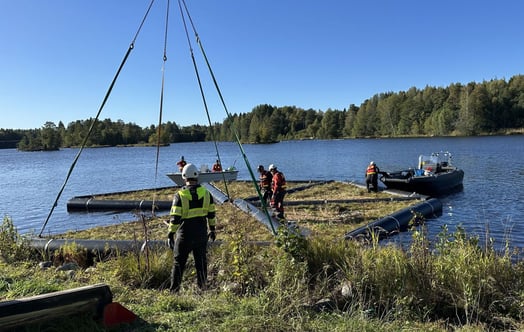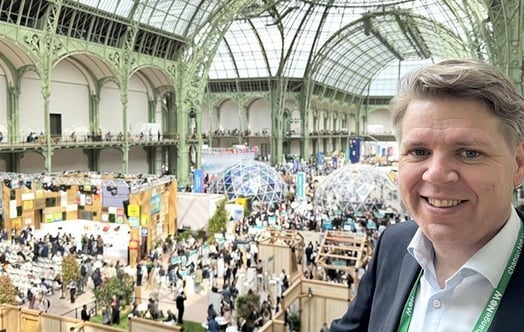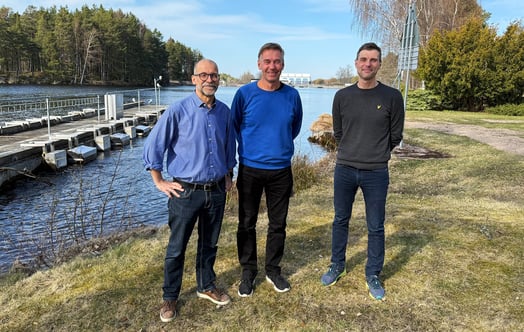We have the technology to cut Sweden's emissions by 30 per cent
Vattenfall's seminar on basic industries is one of the key seminars at Almedalen, according to Minister for Enterprise and Innovation, Mikael Damberg.
Three advances in technology could reduce Sweden's emissions by 30 per cent if the steel and cement industry and the transport sector, in conjunction with Vattenfall, succeed in replacing the current fossil-based technologies with solutions based on climate-smart energy.
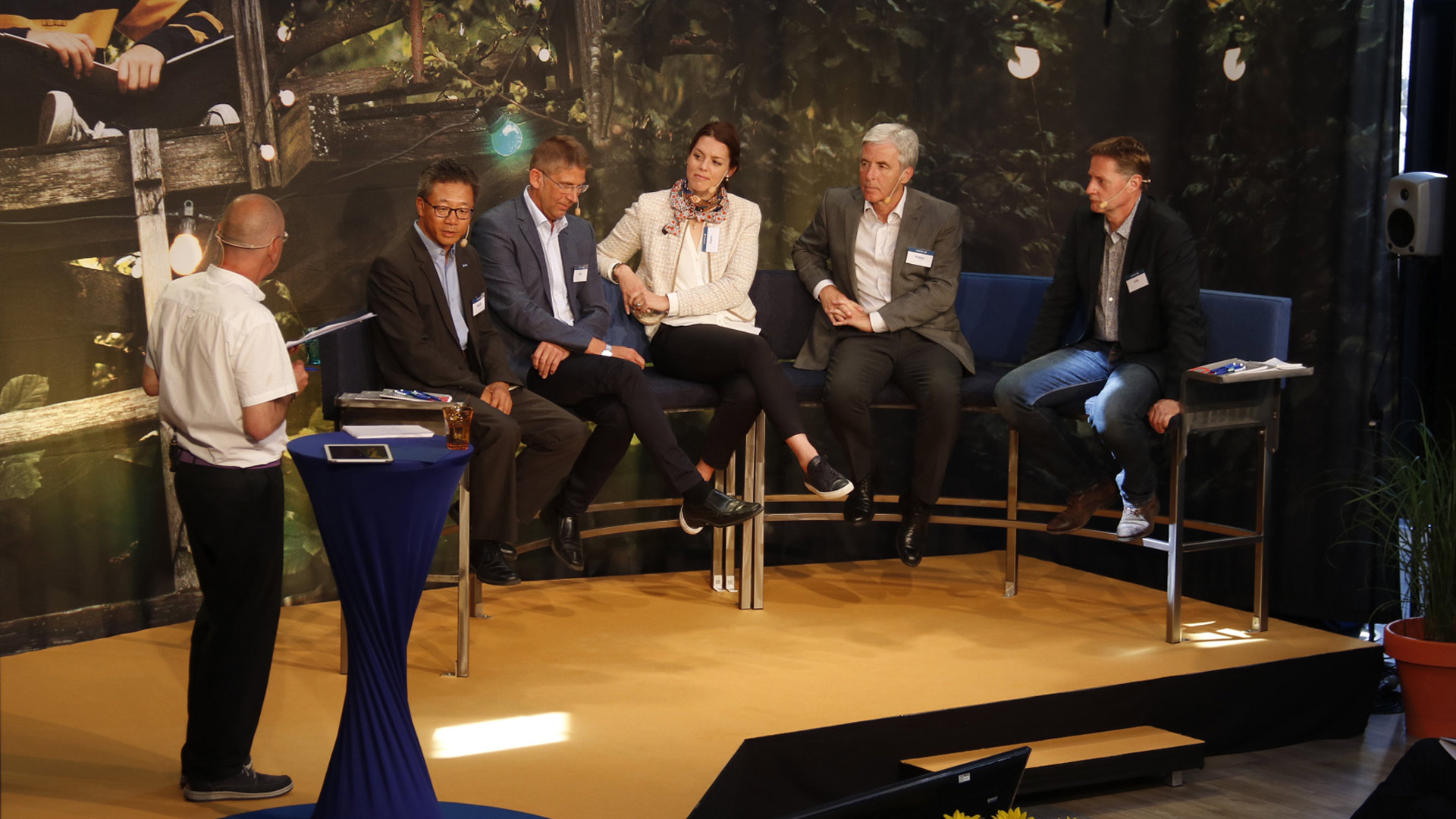
"Our basic industries have been somewhat overlooked in the debate around how Sweden is to achieve its target of being climate neutral by 2045. Swedish industry is ideally placed to convert its production to more climate-smart alternatives," said Minister for Enterprise and Innovation, Mikael Damberg, making it clear from the outset that he regarded the seminar on how industry could significantly reduce its environmental impact as one of the key seminars at Almedalen.
The knowledge exists
Mikael Nordlander, Portfolio holder for Research and Development, had first given a brief overview of how the steel, cement and fuel industry could reduce its environmental impact: carbon-free steel production could be a reality if hydrogen produced from green electricity from Vattenfall were to replace coal. Renewable oil could be produced from trees in a process which uses a similar type of hydrogen. And the cement industry could use renewable electricity rather than coal when limestone is heated to produce cement.
"We have the raw materials, the industry and the knowledge. The technology exists but it will take time to put it in place. It won't be easy, it won't all go smoothly and we will have to be patient. But remember: We've managed to land on the moon, and this is far easier than that."
In a better position
Mikael Damberg agreed:
"Sweden is in a better position than most countries to make these technological changes, and things are starting to happen. We often talk about the importance of industry, and we now have the opportunity to secure its future. It's important that we do so."
Vattenfall's CEO Magnus Hall is delighted that both politicians and industry are now jointly beginning to focus on finding solutions to the problems that need to be resolved if the climate targets are to be achieved.
"The transport and basic industries are major emitters, and electrification can solve many of these problems. We must provide our customers with carbon-free, climate-smart solutions. As time goes on, CO2 emissions will become increasingly unacceptable, and we are in pole position in this regard. If we don't take the opportunity we have at the moment, we will have failed," said Hall.
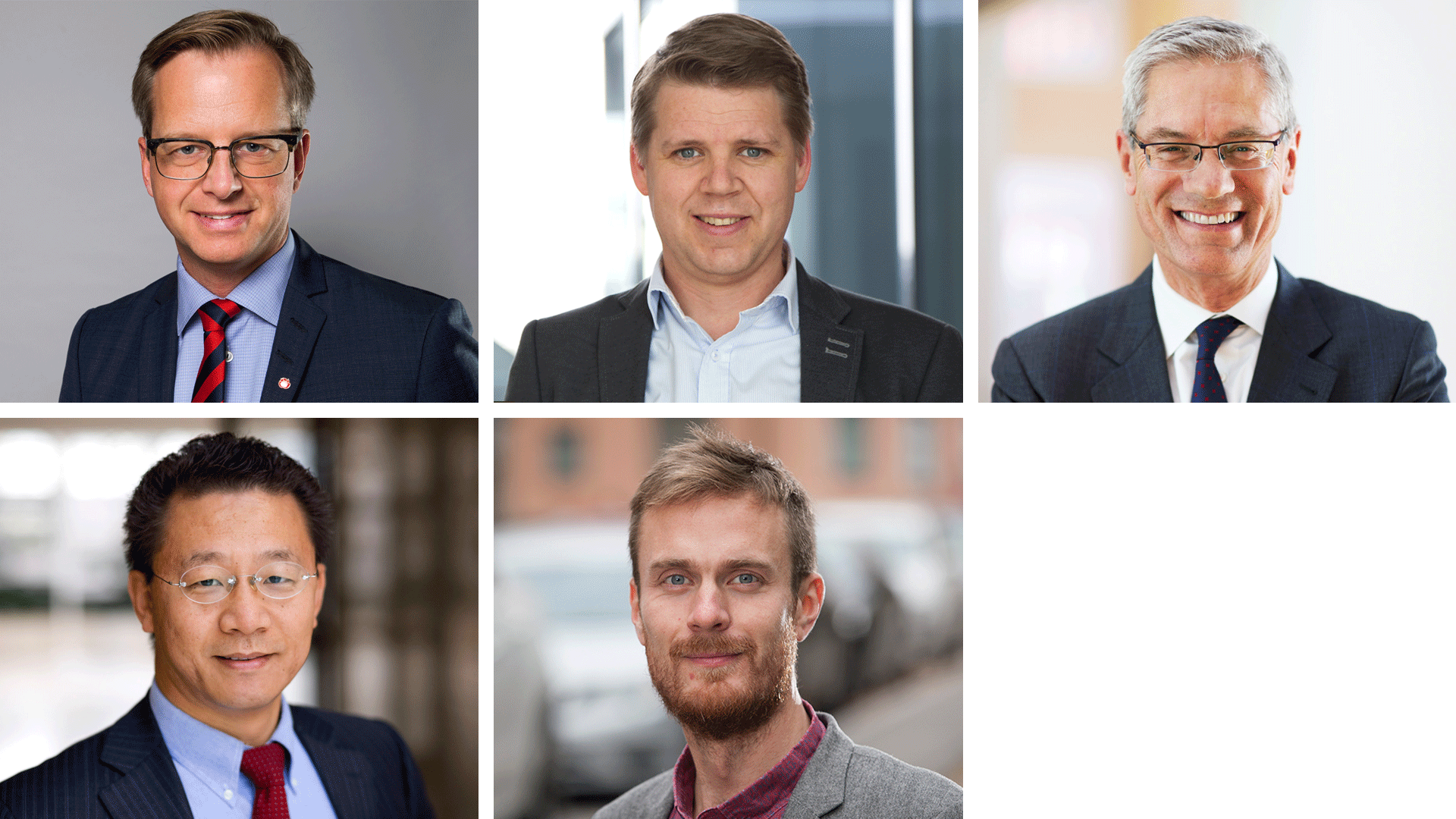
From top left: Mikael Damberg; minister for Enterprise and Innovation, Mikael Nordlander; portfolio holder for Research and Development at Vattenfall, Magnus Hall; CEO of Vattenfall, Martin Pei; Technical Director at SSAB, and David Kihlberg; Head of Environment, Swedish Society for Nature Conservation.
We must be patient
All members of the panel agreed that patience was required, and that a large number of practical and political solutions were needed if success was to be achieved.
"Provided that the conditions are right, we have a fantastic opportunity to take a real step forward," said Martin Pei, Technical Director at steel company SSAB. But doing all this on an industrial scale also brings with it major challenges on a number of levels. Everything from producing and storing the huge quantity of hydrogen that will be required to making sure that iron and steel production embraces the new way of working," he added.
No alternative
At the same time, we effectively have no choice but to succeed. Or as David Kihlberg, Head of Environment at the Swedish Society for Nature Conservation, put it in a nutshell:
"The alternative to a fossil-free future is no future at all. And the alternative to fossil-free basic industries is no base industries at all."
Video: Comments about the seminar (in Swedish)

